HC rejects writ challenging 'ghost cases'
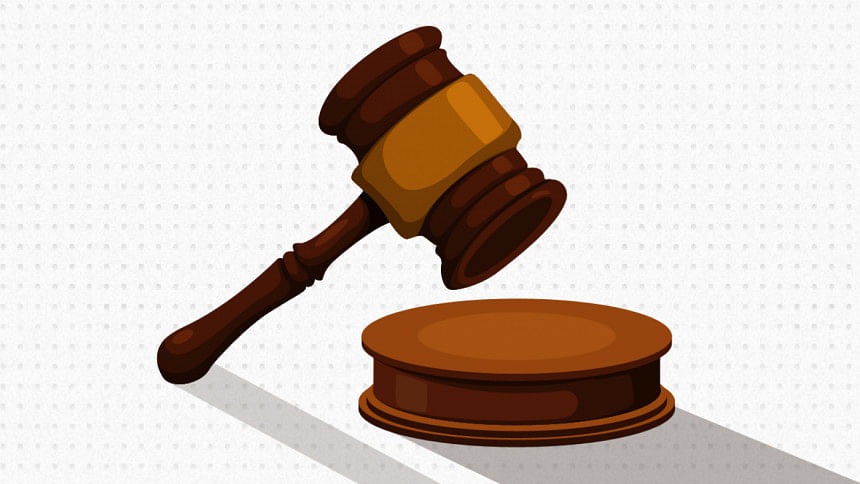
The High Court yesterday summarily rejected a writ petition challenging the legality of “fictitious cases” filed against the activists of BNP and other political parties across the country.
The bench of Justice Md Nazrul Islam Talukder passed the rejection order on the grounds that a writ petition could not be moved challenging the legality of the criminal cases as per article 102 of the constitution.
Besides, the petition was not acceptable as three pro-BNP lawyers, who had filed it, had no right or ability to move such a petition before the court, Attorney General Mahbubey Alam told The Daily Star.
Lawyer Khandker Mahbub Hossain, one of the petitioners, told this correspondent that the HC rejected the petition on the grounds that the petition could not be considered a public interest litigation as it was filed by “political men”.
He said they would decide to move an appeal before the Supreme Court's Appellate Division against the HC order after receiving its copy.
During yesterday's hearing, the attorney general opposed the writ petition, saying that if the cases were filed against innocent people, they would be cleared of the charges through investigations and would be granted bail by the courts concerned.
The petition is not acceptable, as the petitioners cannot be aggrieved by all the criminal cases lodged across the country, he said.
On November 20, Khandker Mahbub told the HC that several lakh BNP men were made accused in “arbitrary and fictitious cases” filed across the country.
He said they filed the petition with the HC as a public interest litigation, challenging the cases, as it was not possible for all the accused to move before the HC for remedy.
The three lawyers, who stand accused in such cases, filed the petition, seeking the HC's directives on the government to form a probe body to investigate the legitimacy of around 4,000 “fictitious” cases.
Except Khandker Mahbub, two other lawyers are Nitai Roy Chowdhury and Sanaullah Mia.
The lawyers submitted the petition on September 23, saying that 4,000 fictitious cases had been filed across the country in September against the leaders and activists of BNP and other political parties to create panic ahead of the upcoming parliamentary election.
On October 9, a two-judge HC bench delivered a split order on the same petition.
Justice Moyeenul Islam Chowdhury, senior judge of the bench, directed the inspector general of police to monitor and inquire into the alleged fictitious cases filed in Dhaka and submit a report before this court within 60 days.
The judge also issued a rule asking the authorities concerned to explain why filing of such cases should not be declared illegal.
He also fixed December 17 for passing further order on this issue.
On the other hand, Justice Md Ashraful Kamal, junior member of the bench, summarily dismissed the petition, saying that the petition was not acceptable as the petitioners had no right or ability to move such a petition before the court.

 For all latest news, follow The Daily Star's Google News channel.
For all latest news, follow The Daily Star's Google News channel. 

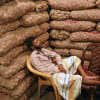
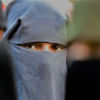

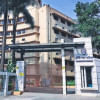
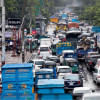

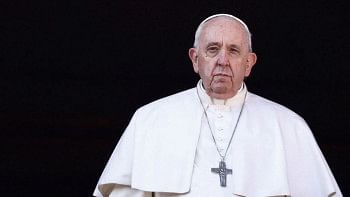
Comments